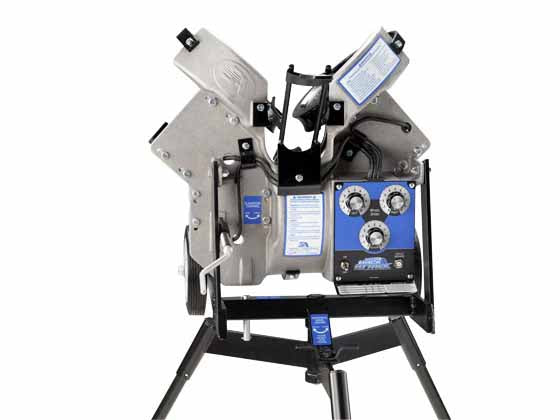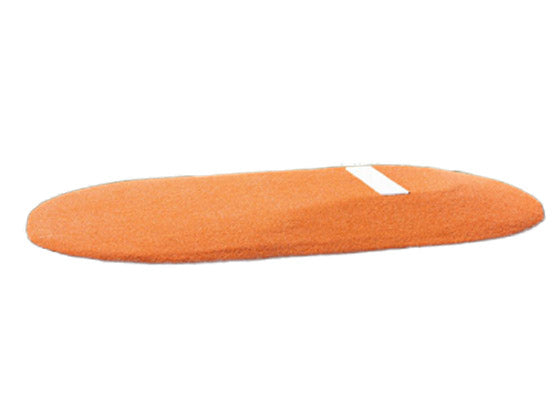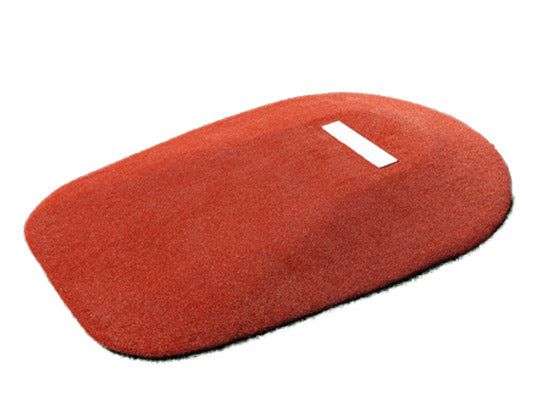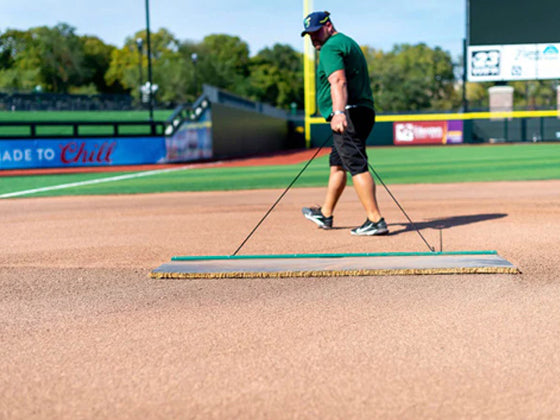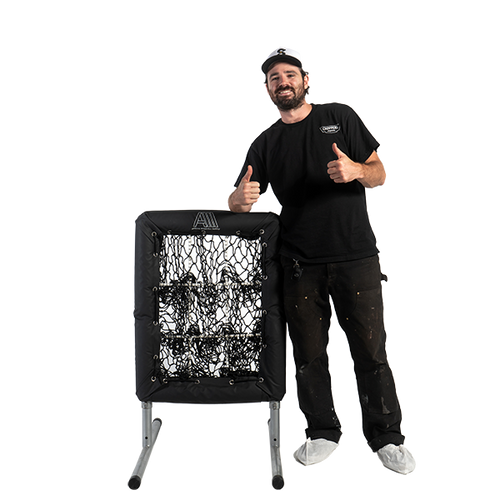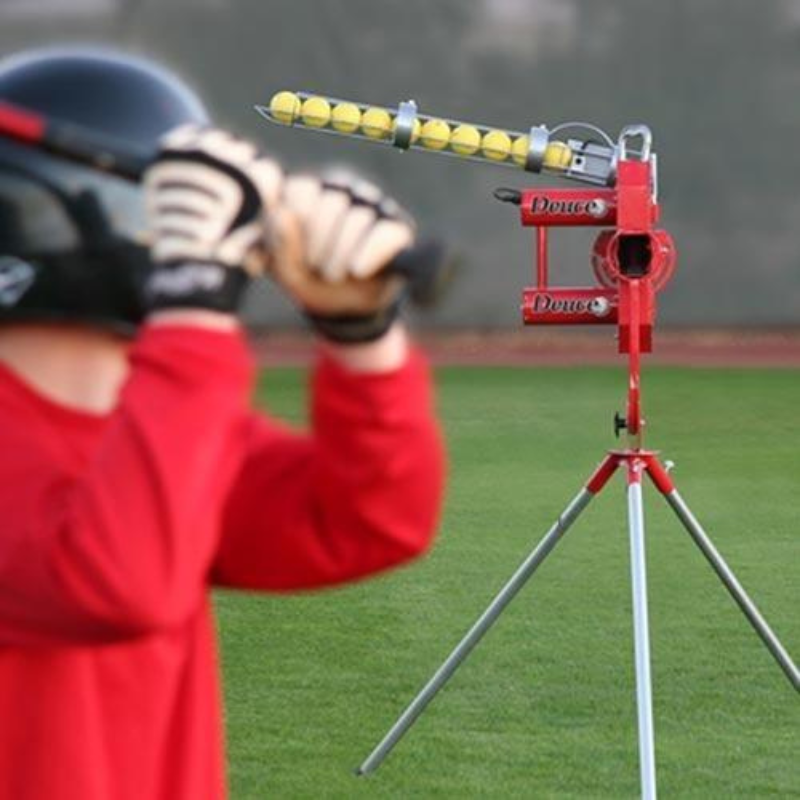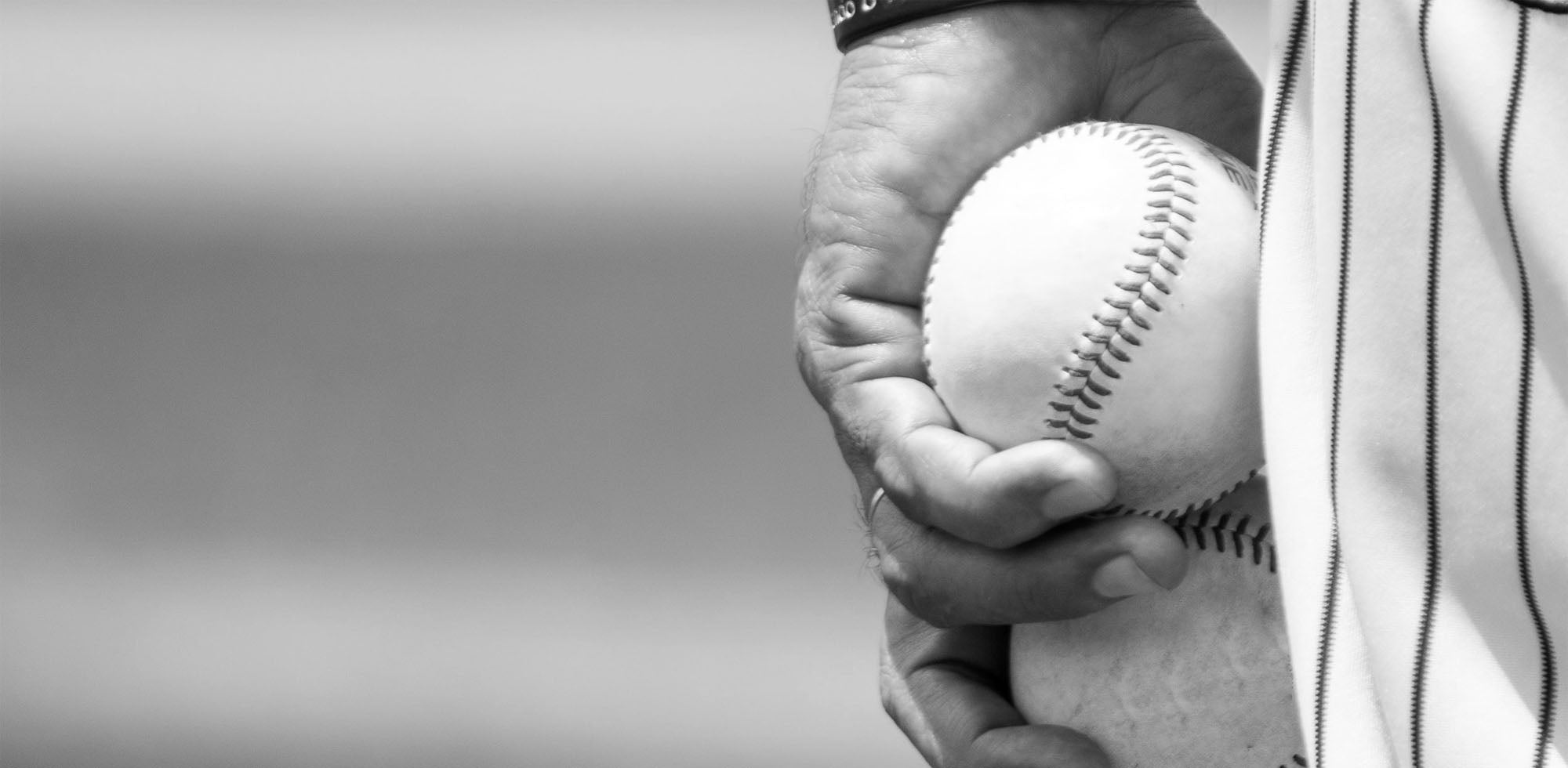Here’s the deal—players at every level need reps, and plenty of them. I’ve seen kids (and yes, plenty of adults) struggle at the plate simply because they weren’t getting enough consistent pitches in practice. Last season, my nephew’s Little League team went from strikeout kings to confident contact hitters after introducing a reliable pitching machine. The difference? Consistency, only a machine can deliver.
When it comes to Jugs pitching machines, two models come up again and again: the MVP and the BP1. Both are proven performers, but they serve different needs and budgets. After extensive testing and feedback from coaches, I’m breaking down everything you need to know to pick the right one for your team or backyard setup.
Trust me—the right machine doesn’t just raise batting averages. It builds confidence. And confidence at the plate? That’s game-changing.
Meet the Jugs MVP: Perfect for Getting Started

The Jugs MVP Combo Pitching Machine is the best entry point for youth programs and recreational players. It’s affordable, easy to use, and versatile enough for both baseball and softball.
- Speed Range: 20–60 mph
- Best For: Youth players, recreational leagues, backyard practice
- Power: Standard 110V outlet
What makes the MVP shine is its digital readout display, which eliminates guesswork when making speed adjustments. Even the youngest coaches and team managers can dial in precise speeds in seconds.
It’s also highly versatile, throwing standard baseballs, softballs, Sting-Free balls, Lite-Flite balls, Softie balls, and even tennis balls. Those lighter training balls build confidence without fear of bruises for kids still learning to make contact.
Bottom line: The MVP’s sweet spot is helping young players focus on their swing mechanics. Delivering consistent strikes allows them to build proper form and timing without frustration.
When it comes to JUGS pitching machines, two models stand out: the MVP and the BP1. You can also explore our full JUGS pitching machines collection to see all available models.
The Jugs BP1: Pro-Level Performance

The Jugs BP1 Pitching Machine is the next step up. It’s built to handle the demands of competitive leagues, advanced training, and daily use by high school teams.
- Speed Range: 15–70 mph
- Best For: Competitive leagues, advanced players, year-round training
- Weight: 75 lbs (combo version) with transport wheels for easier mobility
Where the BP1 really stands out is its 360-degree swivel design, which allows coaches to run complete fielding drills—everything from shallow pop-ups to deep fly balls. This turns it into more than a batting practice machine; it’s a full training tool.
The BP1 Combo can throw both baseballs and softballs, and it carries serious credibility: it’s the Official Softball Machine of USA Softball leagues.
Durability is another major factor. One coach I spoke with logged over 50,000 pitches in two seasons with his BP1, without a single issue. That kind of reliability makes it a long-term investment for serious programs.
Head-to-Head Breakdown: MVP vs BP1
Pitch Accuracy: Both machines throw consistent strikes. At higher speeds, the BP1 edges out the MVP in precision.
Training Capabilities:
- MVP: Great for fundamentals—consistent fastballs to build swing confidence.
- BP1: Adds advanced pitch types (risers, drops, changeups) and full-field drill capabilities.
Ease of Use:
- MVP: Wins for simplicity with its digital speed display.
- BP1: Requires a little more setup, but experienced coaches appreciate the added control.
Real-World Testing:
With a group of 14-year-olds, the MVP helped hitters get comfortable faster. Once they were ready, the BP1 took them to the next level by challenging them with speed and variety.
The Money Talk: Value vs Investment
-
Jugs MVP: More affordable upfront, excellent for recreational programs and backyard use.
-
Jugs BP1: Higher cost, but delivers durability, advanced features, and better long-term value for competitive teams.
One high school coach told me his BP1 paid for itself in a single season, saving over $500 in pitching coach fees while delivering more consistent practice than any human pitcher could.
Pros and Cons
MVP Advantages:
- Perfect entry point for youth programs
- Lightweight and portable
- Easy digital speed control
- Affordable and versatile (handles baseball and softball)
MVP Limitations:
- 60 mph top speed limits advanced training
- Basic pitch selection only
- Not designed for heavy daily use
BP1 Advantages:
- Extended 70 mph top speed
- Built for durability and daily training
- 360-degree swivel for fielding drills
- Advanced pitch types (risers, drops, changeups)
- Officially approved for USA Softball leagues
BP1 Limitations:
- Higher upfront cost
- Heavier, requires more effort to transport
- Overkill for casual or recreational players
For a broader look at how the MVP and BP1 compare to other brands, check out our Pitching Machine Brand Comparison
Which Machine Wins Your Training Game?
Choose the MVP if:
- You’re running a youth program or backyard setup
- Players are under 14 and working on fundamentals
- You want easy operation and budget-friendly pricing
Choose the BP1 if:
- You coach competitive teams or high school players
- You want a machine built to withstand everyday training
- You want advanced pitch types and fielding drill capabilities
Both machines provide consistent strikes and versatile ball options. Both build hitter confidence and improve training efficiency. The difference comes down to your players’ skill levels, program demands, and how often you’ll use the machine.
Still unsure which machine fits your needs? Our Best Pitching Machines guide highlights top picks for beginners, youth players, and competitive athletes.
Final Word
Whether you choose the MVP or BP1, you’re investing in more than a pitching machine—you’re investing in consistent, quality reps that turn strikeout-prone hitters into confident players. The MVP shines as a beginner-friendly, affordable option, while the BP1 delivers professional-level performance for advanced training.
Always remember: proper safety equipment and adult supervision are essential to ensure effective, safe batting practice sessions for all players.

 Contact Us
Contact Us